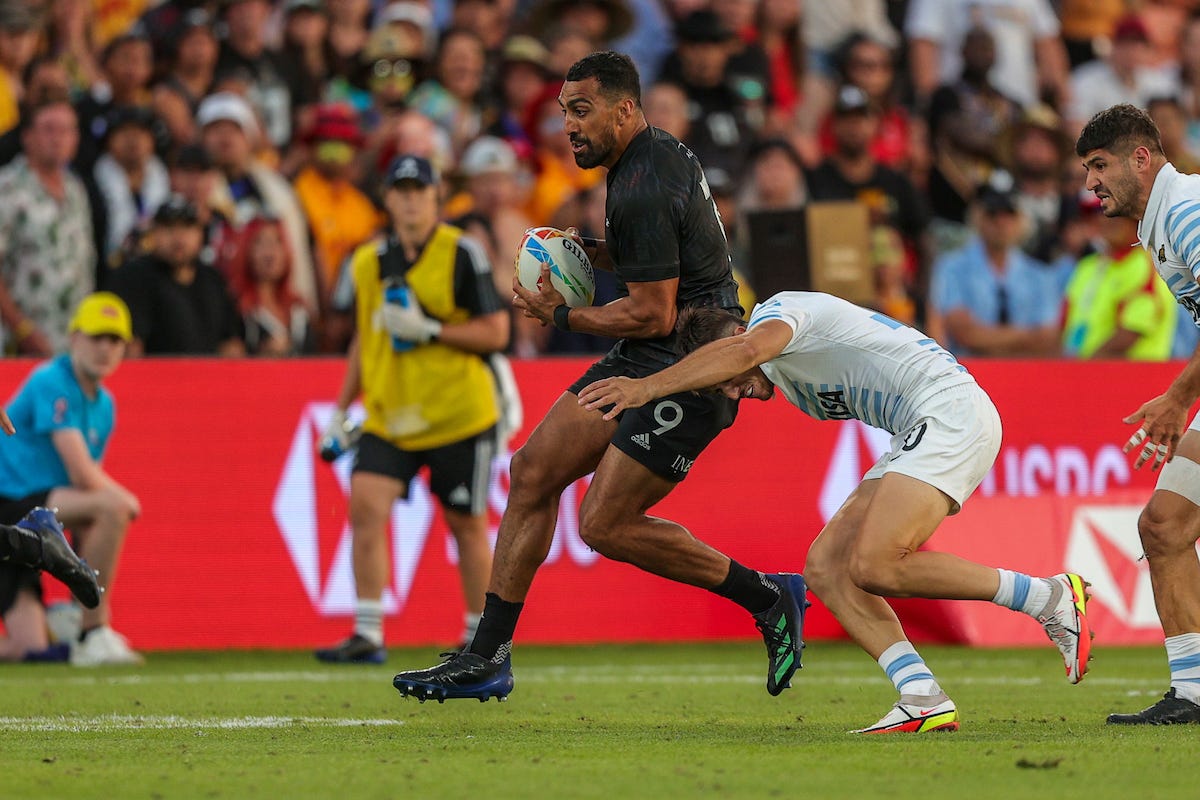This was a hard-hitting take, if you’ll excuse the pun, on rugby’s latest attempt to reduce concussions.
From next season, tacklers will be penalised for any contact above the waist of the ball carrier in the community game in England. If “successful” and implemented more widely, it would represent one of the more radical reimaginings…
Keep reading with a 7-day free trial
Subscribe to The Bounce to keep reading this post and get 7 days of free access to the full post archives.




